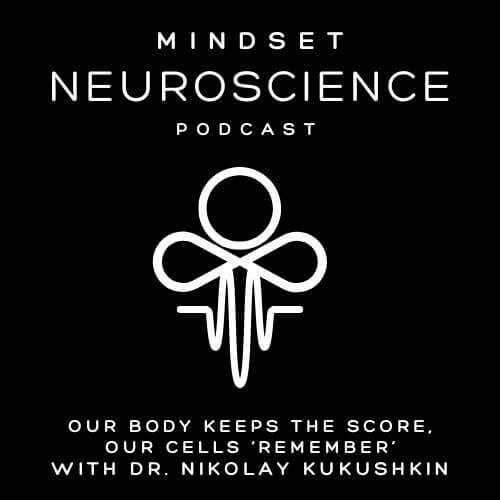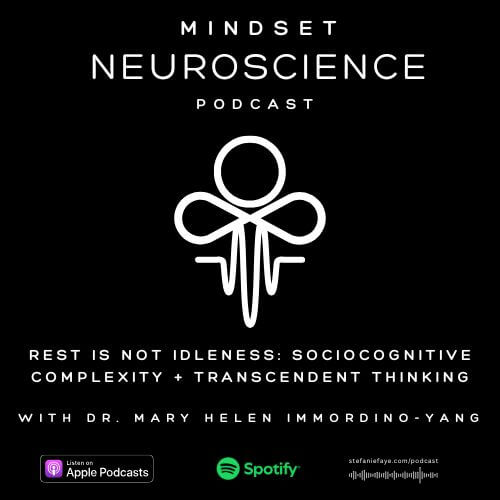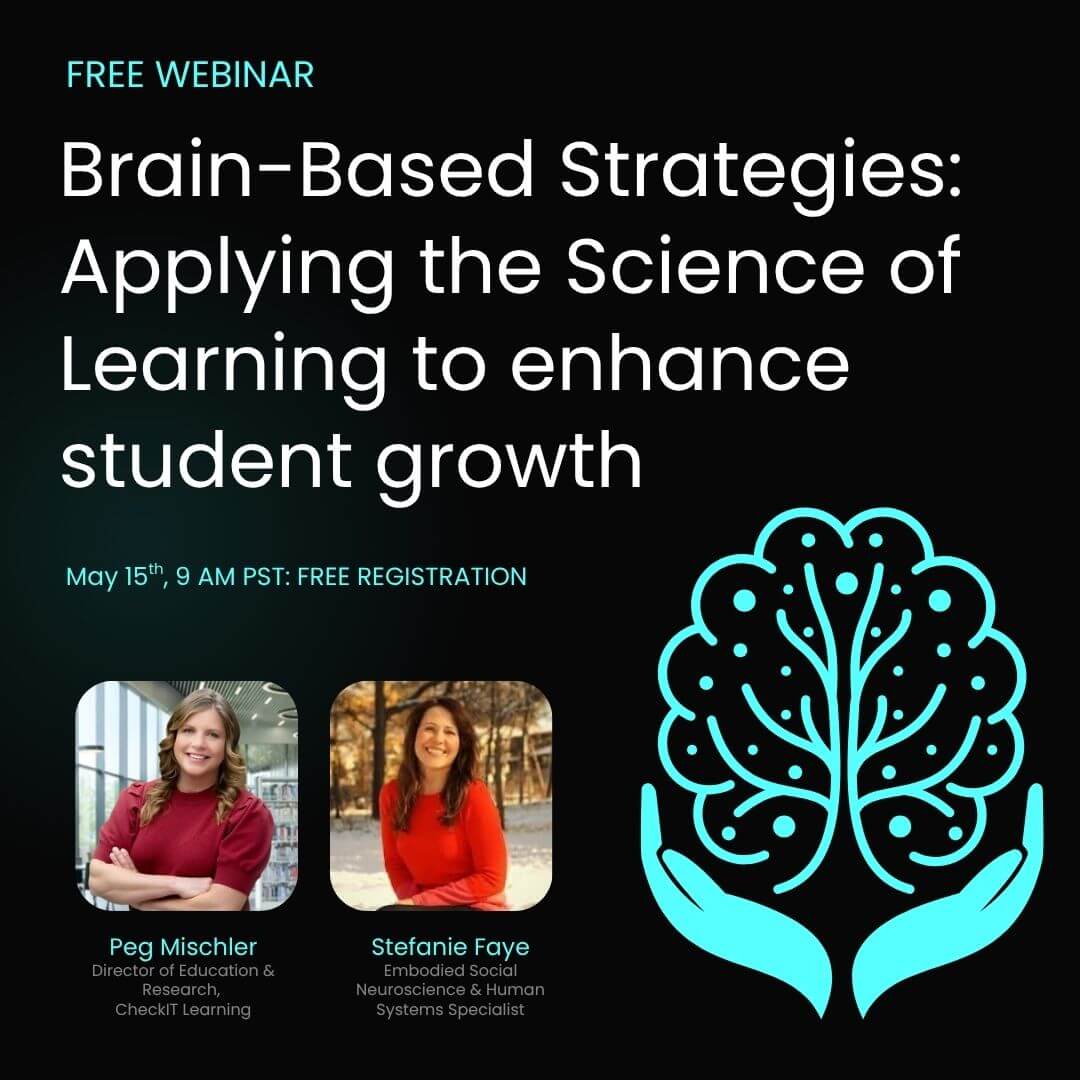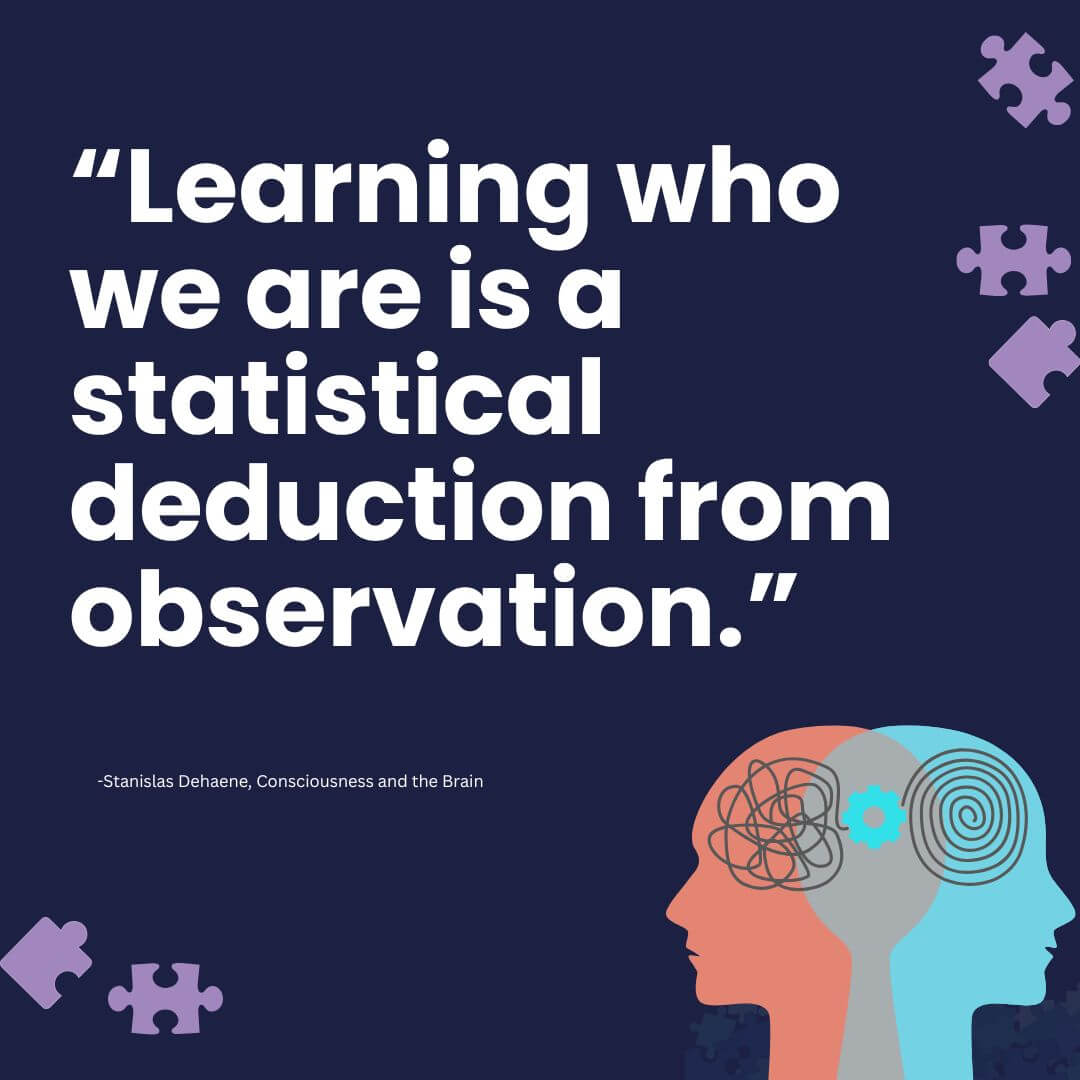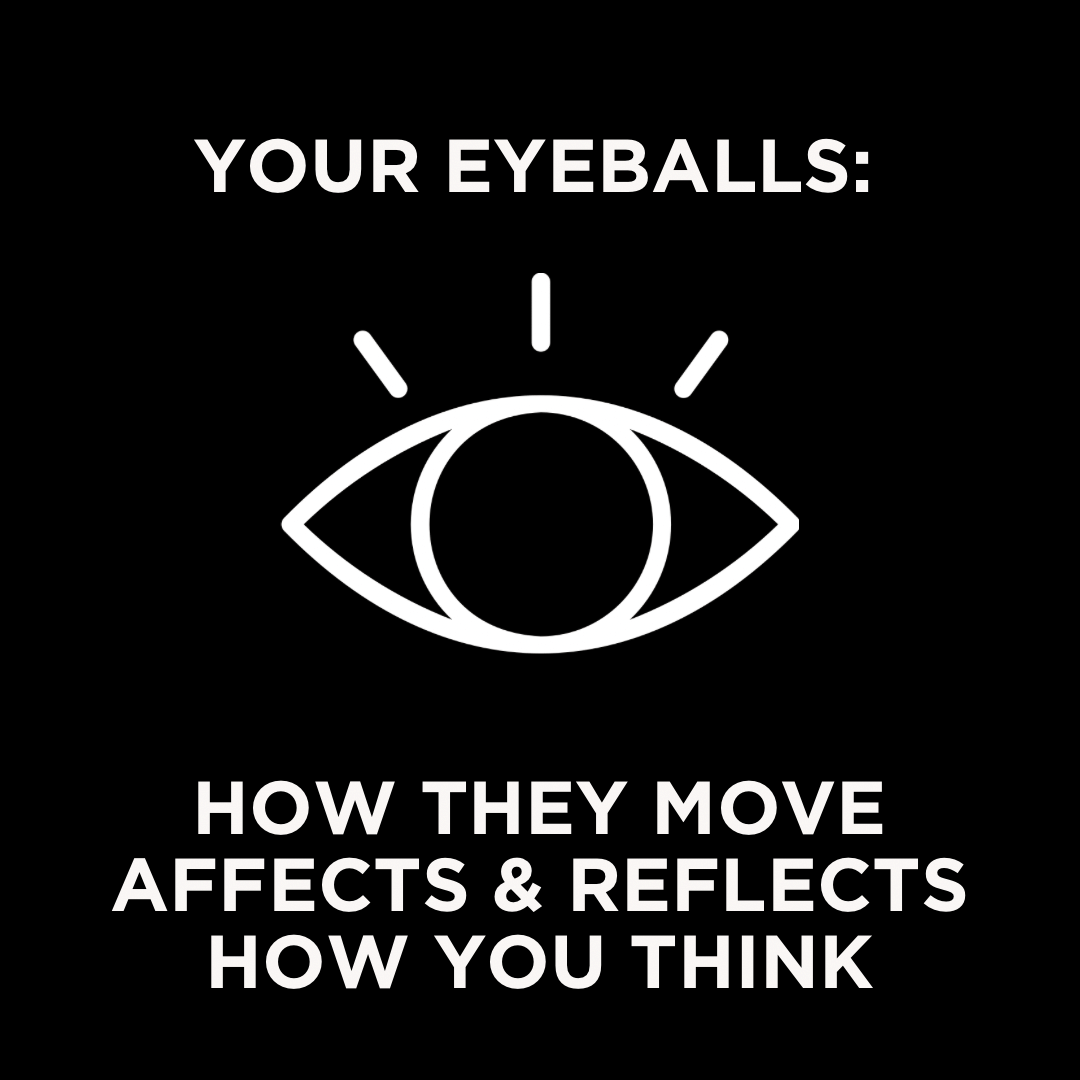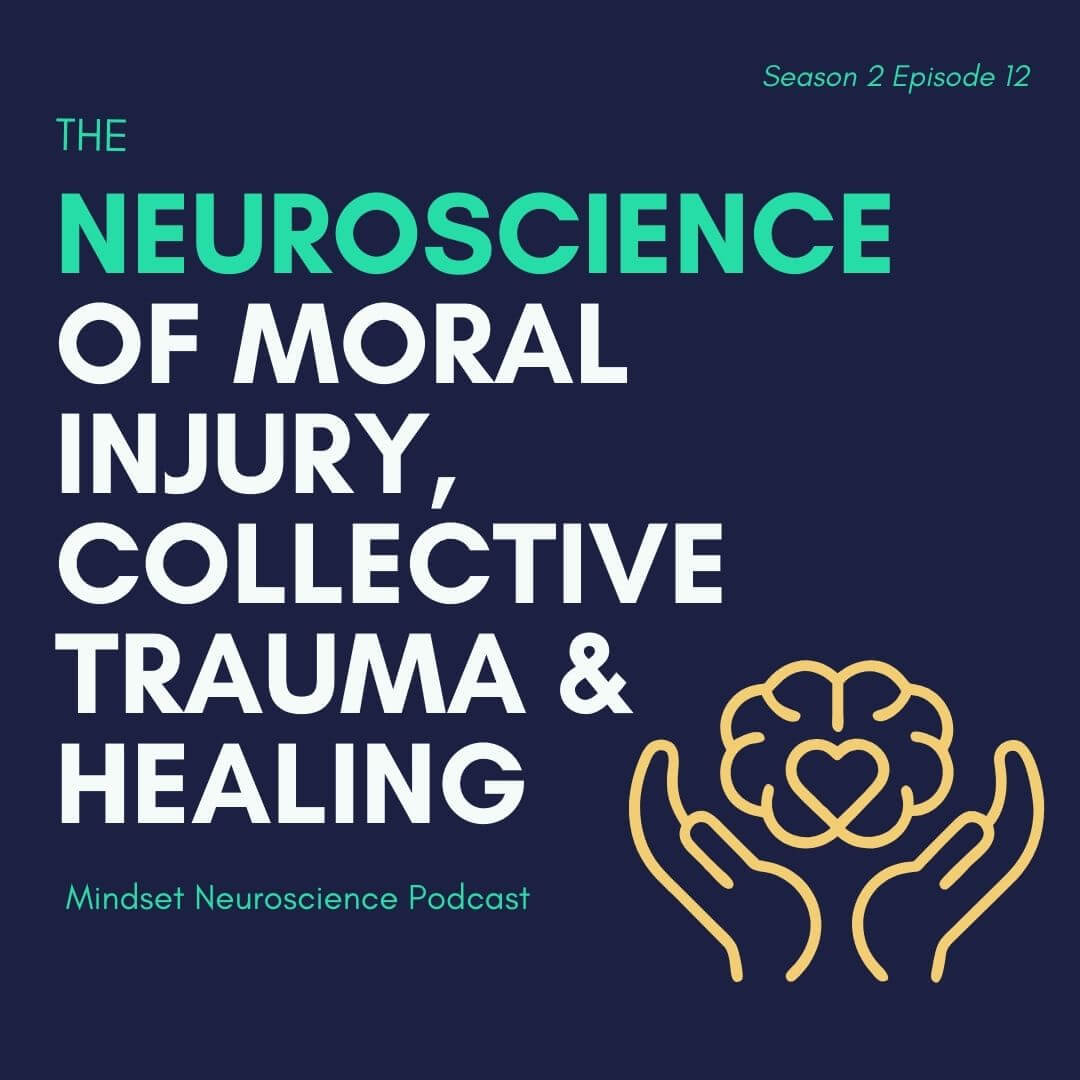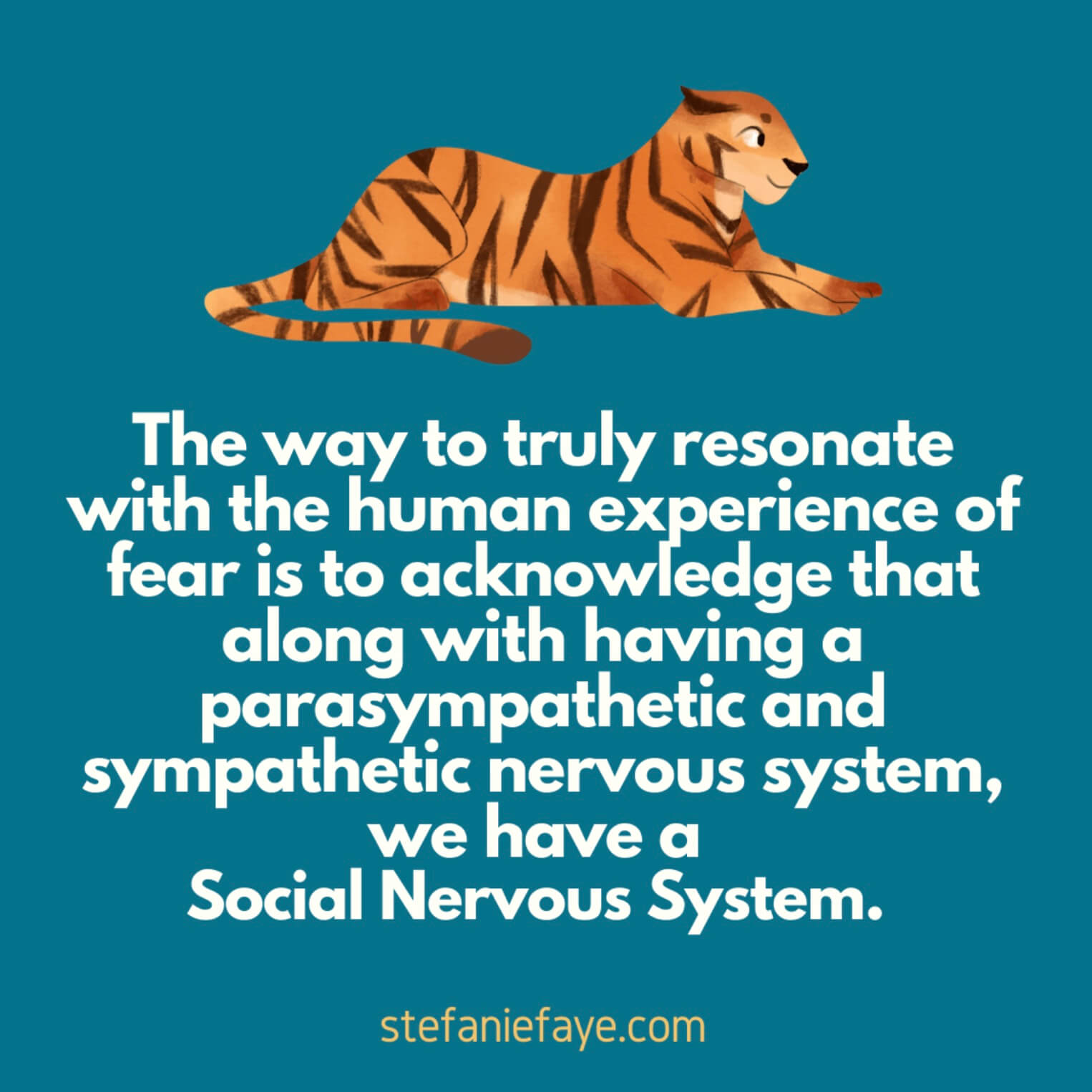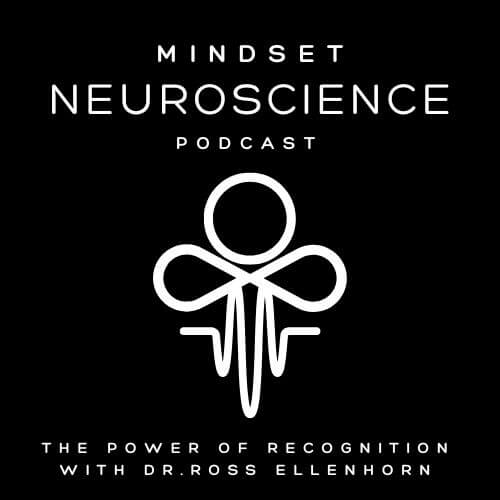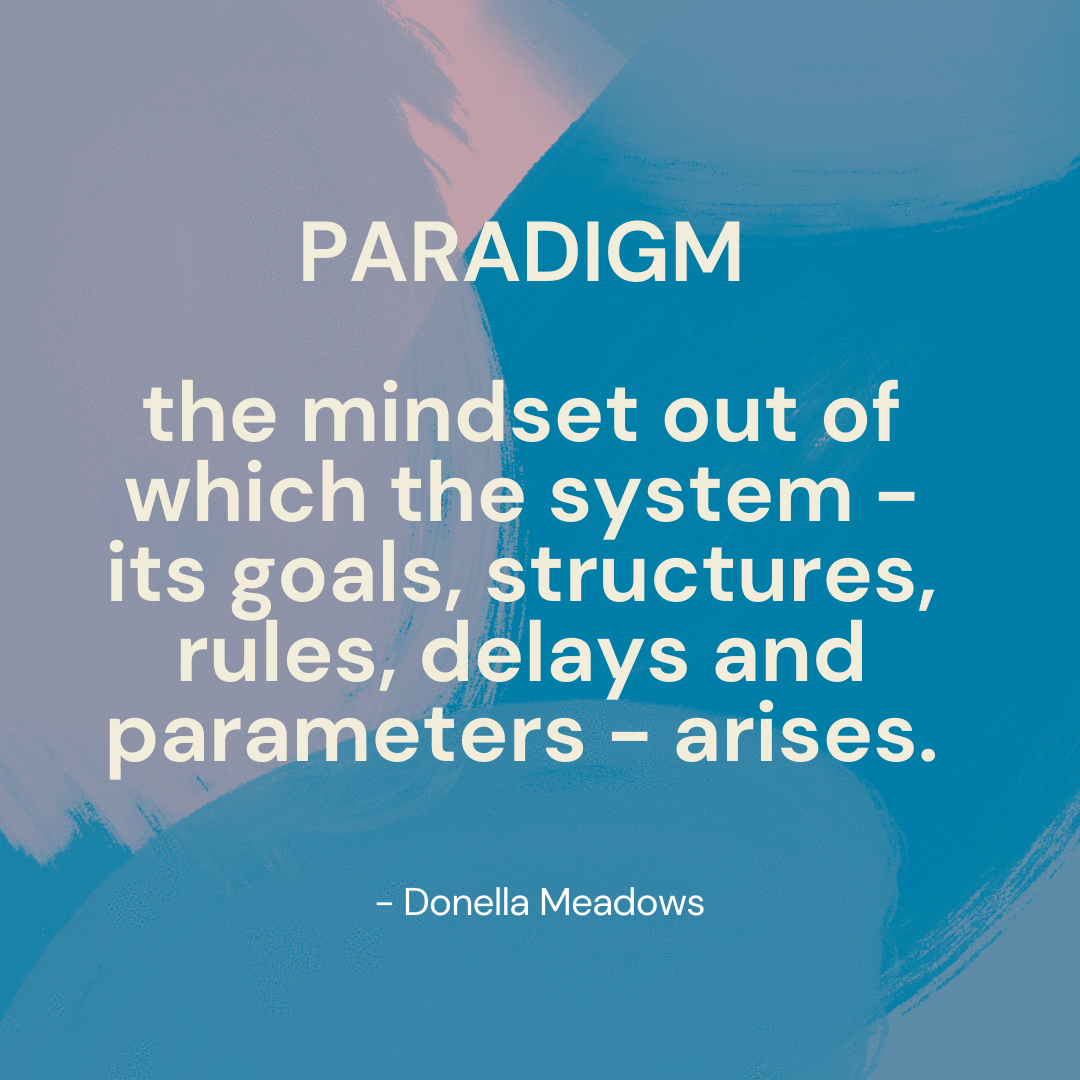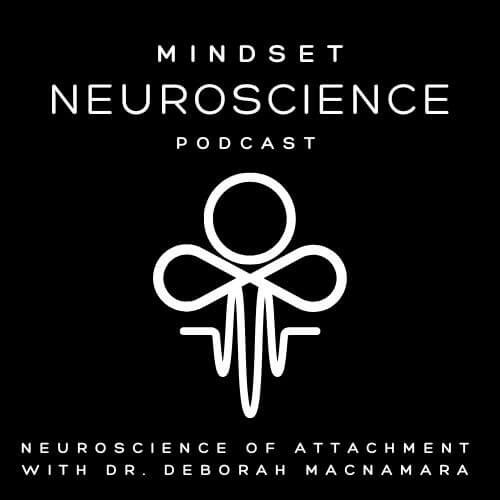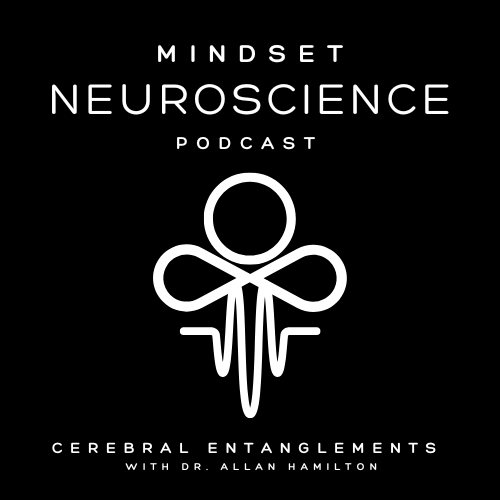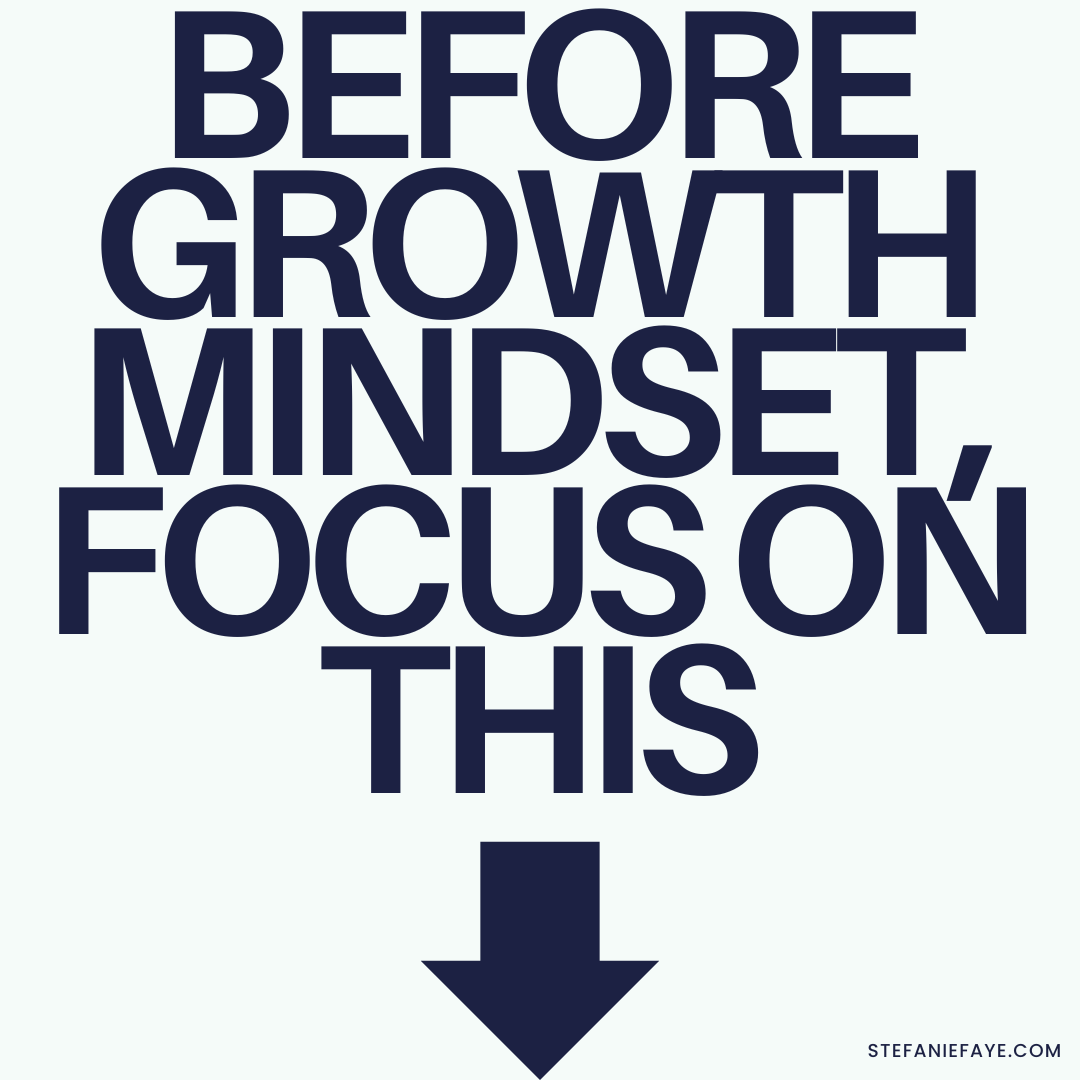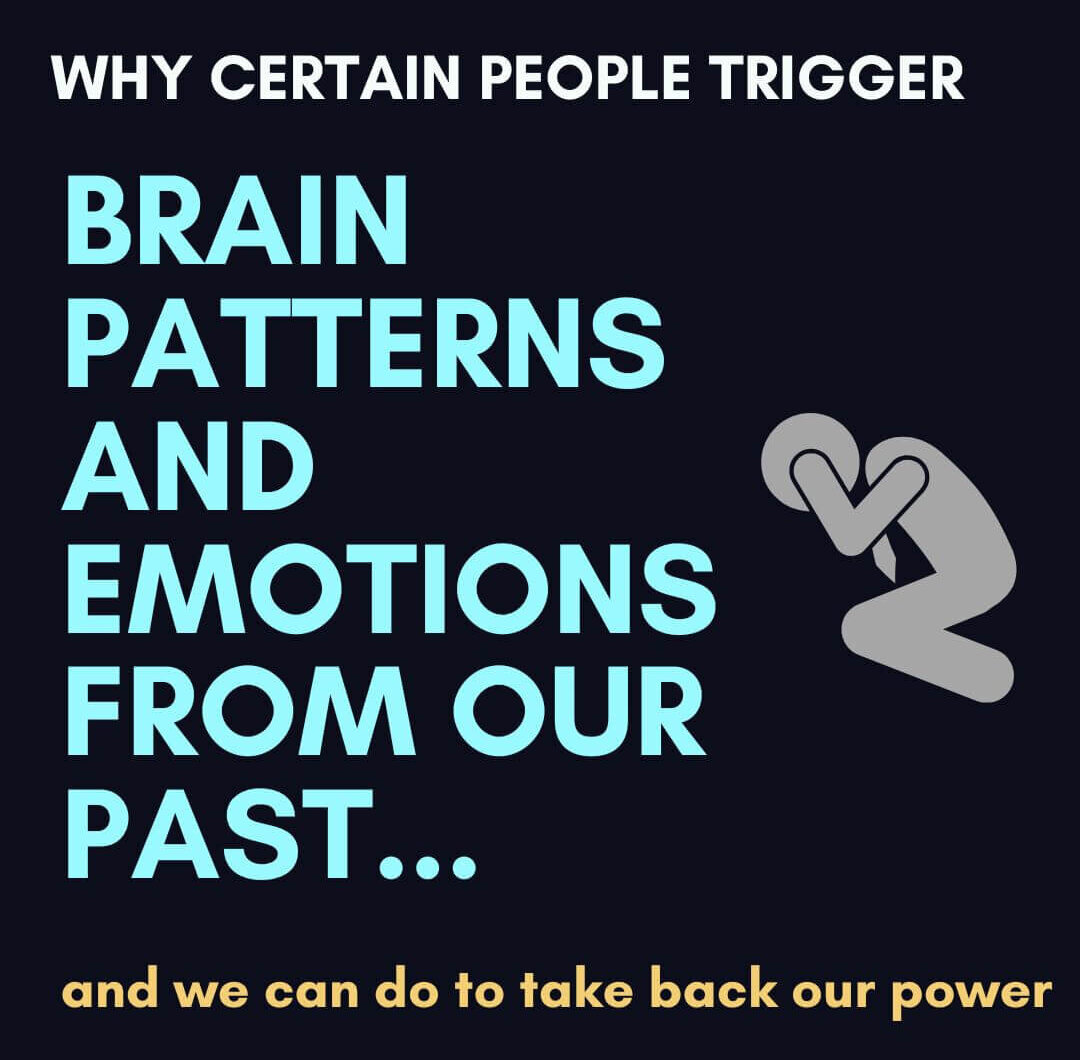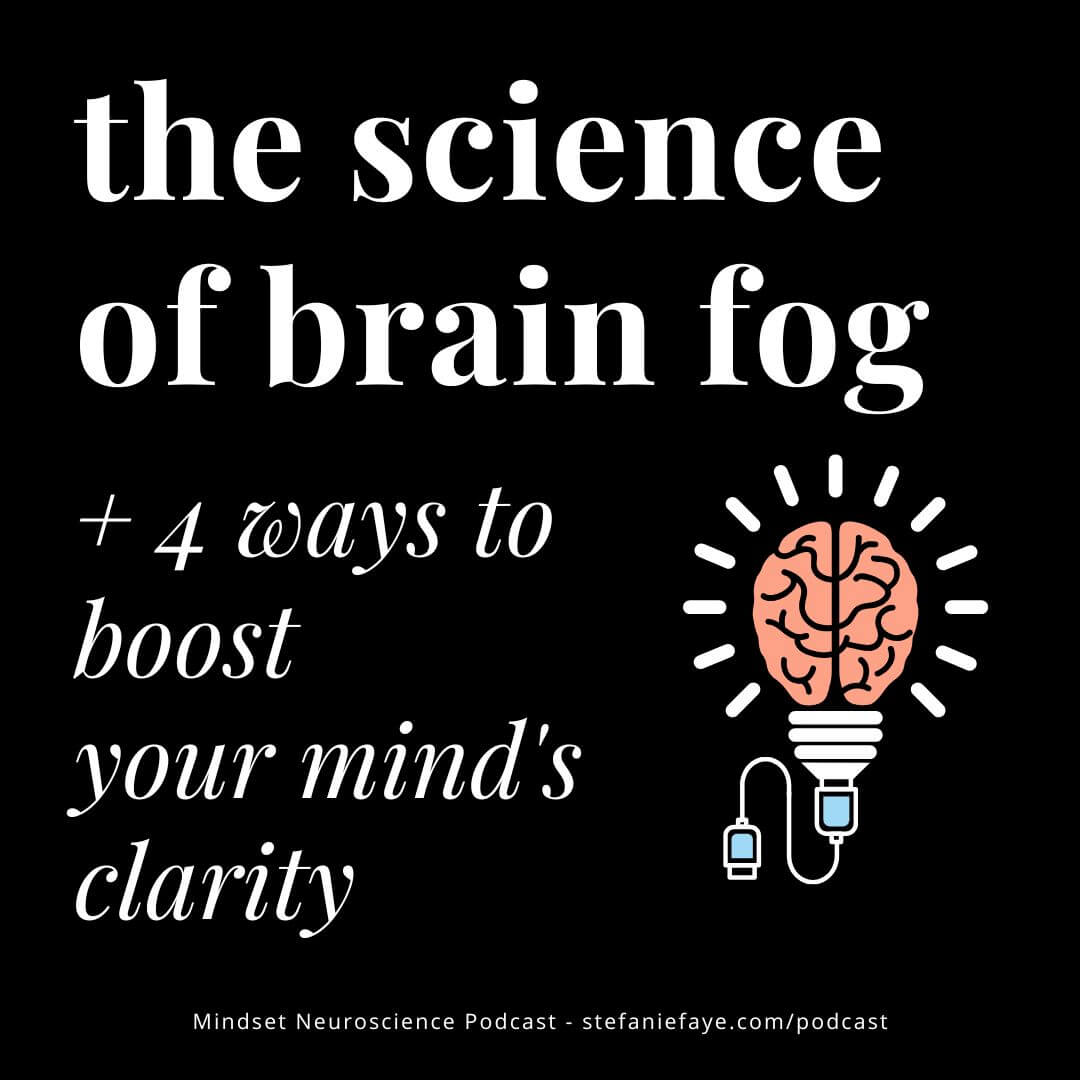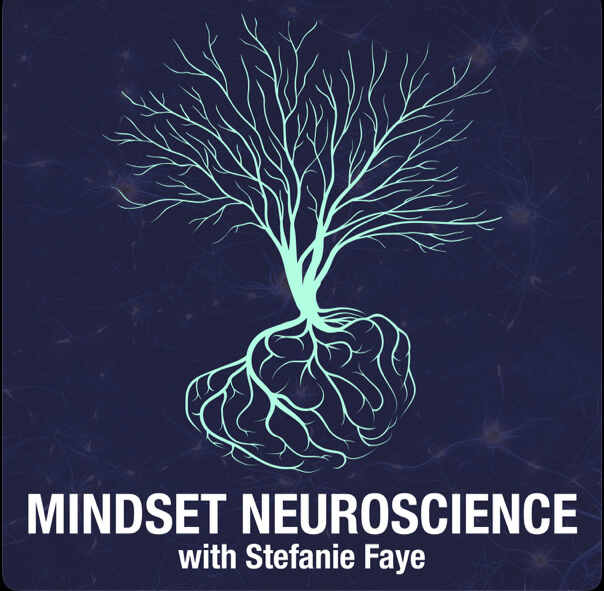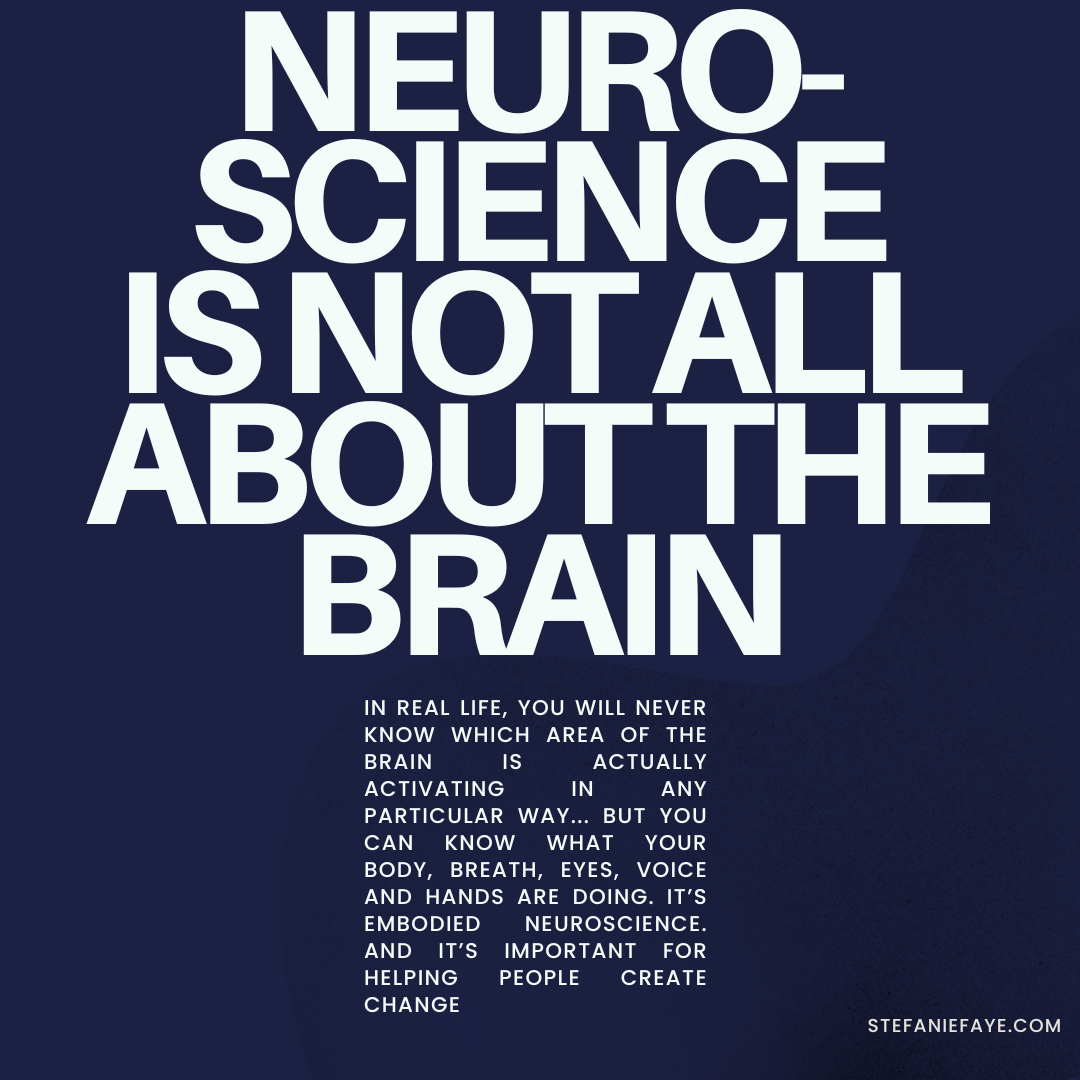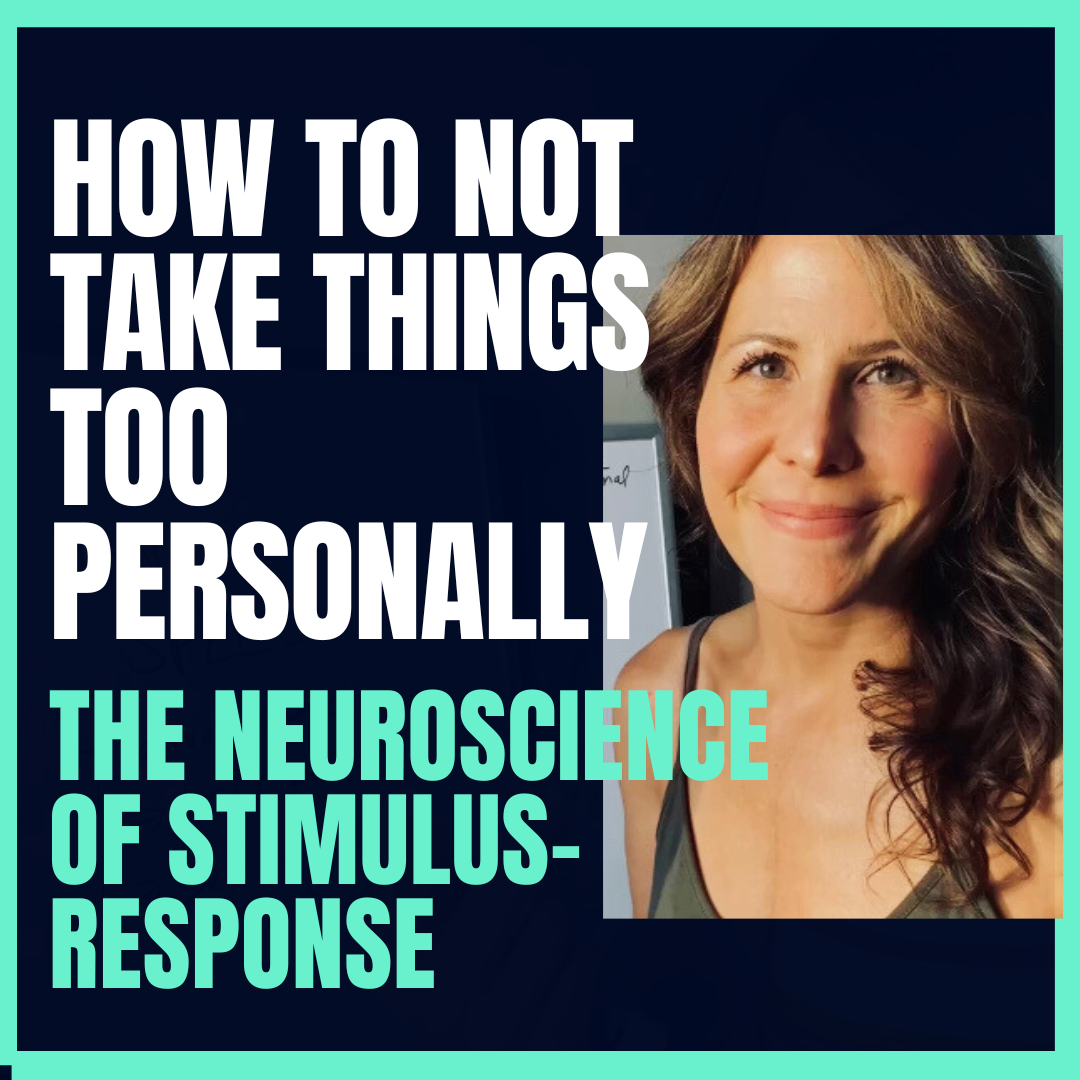Tapping into Humanity’s Genius Potential: how neuroscience can inform learning, teaching and education
by Stefanie Faye | May 13, 2025 | Articles
“One thing about human...
Read More
Your limited-data-biased brain: how the people around you shape your reality
by Stefanie Faye | May 6, 2025 | Articles
“We spend our life...
Read More
Embodied Intelligence: how your eye movement reflects & affects how you think and feel
by Stefanie Faye | May 1, 2025 | Articles
How your EYEBALLS move...
Read More
Our collective nervous system: how to bring healing to hidden wounds
“Out of suffering have... Read MoreThe anxious social nervous system: being chased by a tiger metaphors aren’t enough
by Stefanie Faye | April 16, 2025 | Articles
Using the example of...
Read More
Signals, Vibrations and Frequencies that affect your relationships
by Stefanie Faye | April 1, 2025 | Articles
“Feelings can annoy or...
Read More
Pattern recognition creatures: how your brain-body builds a life you love
by Stefanie Faye | March 13, 2025 | Articles
Many of us don’t...
Read More
Neuroscience of Attachment: satiated connection, rest and play as prerequisites for growth
Attachment theory is not... Read MoreWhy changing your brain (and your life) is so hard: the science & wisdom of the Dip
by Stefanie Faye | February 25, 2025 | Articles
Humans are an incredible...
Read More
do you have clarity envy? the science of simulation and decision making
by Stefanie Faye | February 14, 2025 | Articles, featured articles
Do you see other...
Read More
